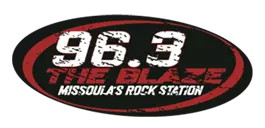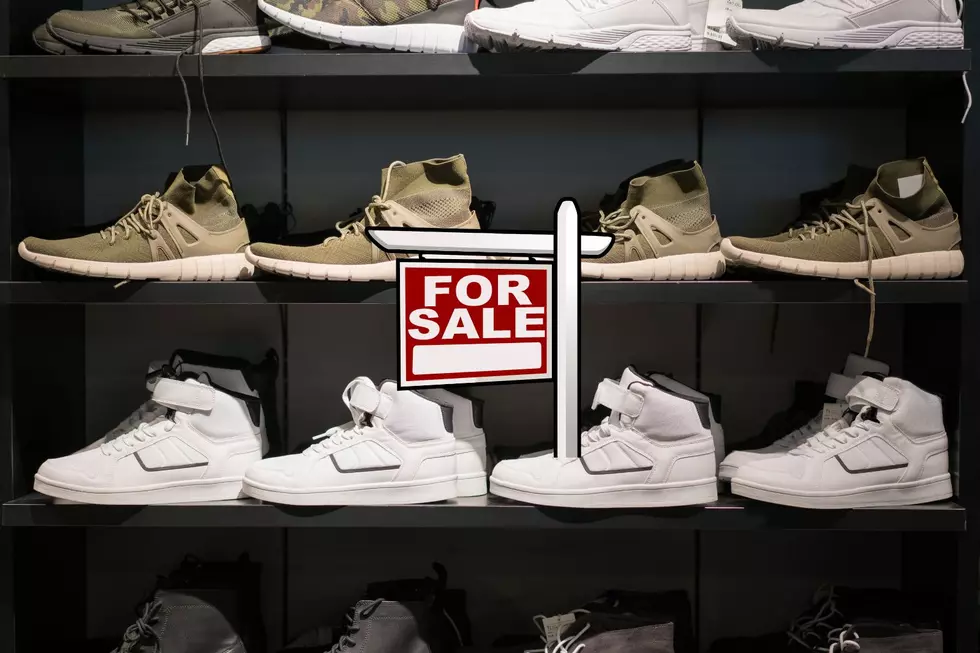
15 Years Ago: Napster Shuts Down
For a certain small segment of the population—say, those hitting their prime teenage years in 1999—Napster blew the doors off the gate of the music industry. No matter where you lived, or to what music you had previously been exposed, you were now, through the miracle of the Internet, exposed to all music, from everywhere. Freed from the yoke of record label hype and homogeneous airplay, Napster’s peer-to-peer file sharing let you find music that you might have only read about once, or heard in passing. For the aspiring music nerd, it was a direct line to the tastes of every actual music nerd. It was the first baby burp of the sharing economy.
Of course, that’s only one side of the narrative.
On the other side—the one promoted by the panicky record labels and a very pissed-off Metallica—was the argument that all of the files being shared were basically being stolen, that the sharers were pirates and thus a good 26 million music fans at Napster’s peak were flying the Jolly Roger. It’s hard to cast this view as illegitimate, just like it’s hard to blame Lars Ulrich for getting upset when he found out his life’s work was available for anybody to have without him receiving a cent of compensation. Obviously, the courts thought so, too. In 2000, A&M Records, along with other members of the Recording Industry Association of America (RIAA), sued Napster for copyright infringement and won, then won the appeal in the Ninth Circuit Court. In July 2001, Napster closed its service, and it was bankrupt a year later.
But the hydra-like idea of “free music” had already been born. Services that aped the Napster model, like Limewire, popped up soon after. You can trace the digital breadcrumbs of iTunes back to Shawn Fanning and Sean Parker’s file-sharing application (famously named after the former’s hair, of all things). And in June 2016, Jack White, Paul McCartney, and other artists filed a petition against the Digital Millennium Copyright Act for being outdated and not up to the standards of protecting their intellectual property from sites like YouTube, even though the DMCA is the law that RIAA originally sued Napster for violating. For all the young people now both purchasing and stealing music online, as well as for all the record companies attempting to salvage themselves, and the artists trying to make a living or get their music heard, the truth is undeniable: We live in a post-Napster world.
25 Bands You Won't Believe Aren't in the Rock and Roll Hall of Fame Yet



